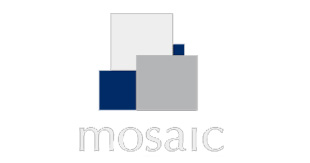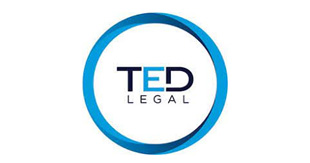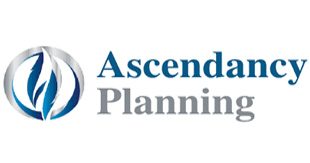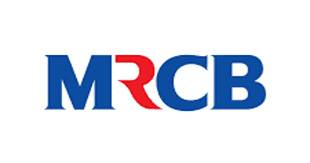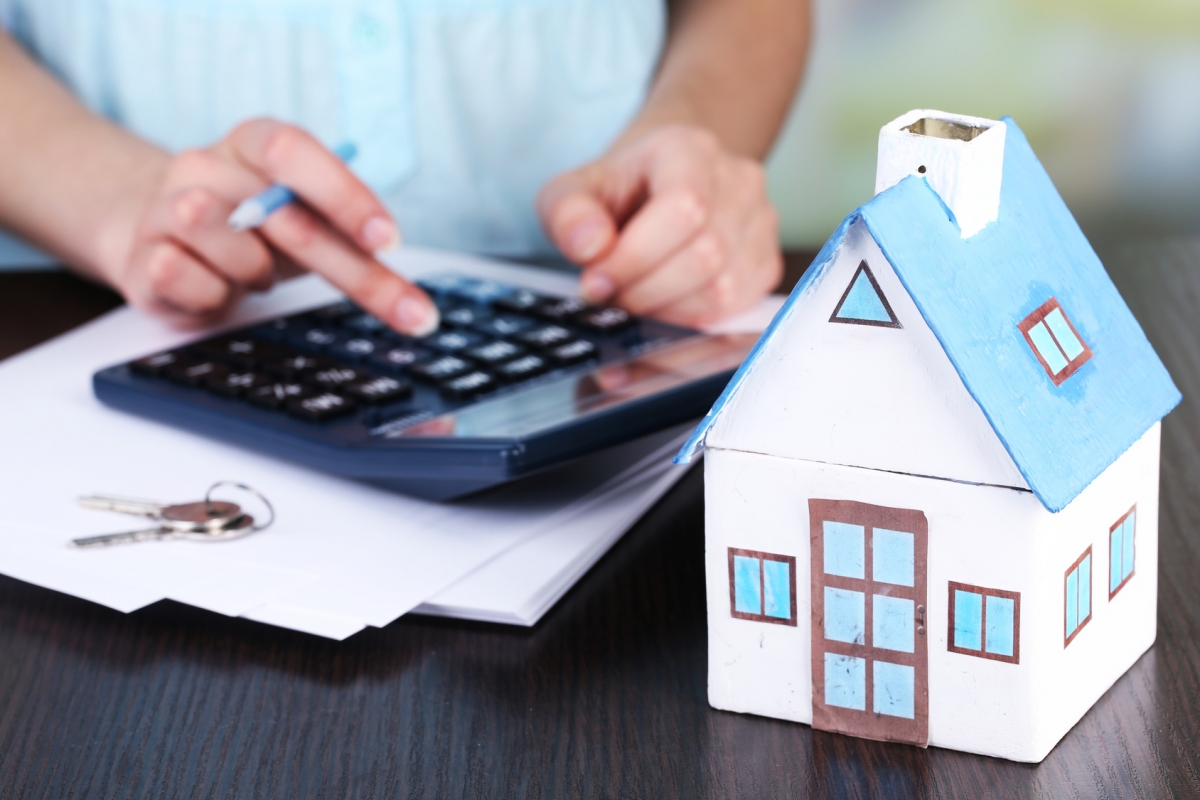TAX BENEFITS
HOME > Tax Benefits

INVESTMENT PROPERTY TAX BENEFITS
WHAT’S THE APPLICABLE TAX RULING?
In Australia, investment expenses from income-producing assets are tax deductible and can be deducted from assessable personal income (ATO Taxation Ruling TR 97/25). Deducting expenses from assessable income reduces the amount of income tax payable by the investor.
WHAT EXPENSES CAN I CLAIM?
For property, typical expenses include advertising fees, bank charges, borrowing expenses, capital works, rates, insurance, legal fees, management fees, and water charges (if any not paid by tenant). These expenses can only be deducted however if the property is rented or available for rent. The income from the asset is taxable at the investor’s marginal rate. As always, talk to your accountant to seek expert advice.

INVESTMENT PROPERTY TAX BENEFITS
WHAT’S THE APPLICABLE TAX RULING?
In Australia, investment expenses from income-producing assets are tax deductible and can be deducted from assessable personal income (ATO Taxation Ruling TR 97/25). Deducting expenses from assessable income reduces the amount of income tax payable by the investor.
WHAT EXPENSES CAN I CLAIM?
For property, typical expenses include advertising fees, bank charges, borrowing expenses, capital works, rates, insurance, legal fees, management fees, and water charges (if any not paid by tenant). These expenses can only be deducted however if the property is rented or available for rent. The income from the asset is taxable at the investor’s marginal rate. As always, talk to your accountant to seek expert advice.

WHAT IS A DEPRECIATION EXPENSE?
What makes property (in particular brand new property) extremely tax effective is the capital works deduction. Effectively the capital works undertaken to construct the house can be “depreciated annually for a period of 25-40 years at a rate of 2.5% p.a. provided construction began after 17 July 1985 and the property is used for residential accommodation or to produce income” For fixtures and fittings with a low value, a depreciation rate of 18.75% can be used to depreciate these over their shorter useful lives.
DO I NEED A DEPRECIATION SCHEDULE?
To ensure that the asset is depreciated in complete detail it’s very important to provide the accountant with a depreciation schedule of the property. Depreciation schedules or reports outline the figures in detail for depreciation purposes and are typically carried out by a licensed quantity surveyor. These depreciation schedules usually cost around $700 but are well worth their cost. Providing a depreciation schedule to an accountant preparing your tax return allows them to apply the diminishing value method of depreciation to the asset, which accelerates the depreciation in the early years, providing a larger tax deduction over the first 5-10 years, after which it plateaus for the remaining life of the asset.
HOW DO I RECEIVE TAX SAVINGS FROM THIS?
When the depreciation expense is offset against the personal income tax liability it reduces the amount of tax required to be paid each year. This can translate to a tax savings or rebate at the end of the financial year. However, rather than waiting until the end of the financial year to receive this tax saving, a PAYG income tax withholding variation (ITWV) application can be done, which allows the annual tax saving to be directed into your salary up front and in advance. This creates a tax return cash flow to fund property expenses and any surplus can also be directed into paying down the property loan.
Contact us
Want to get in touch? Send us a message and we’ll get back to you.
OUR PARTNERS


